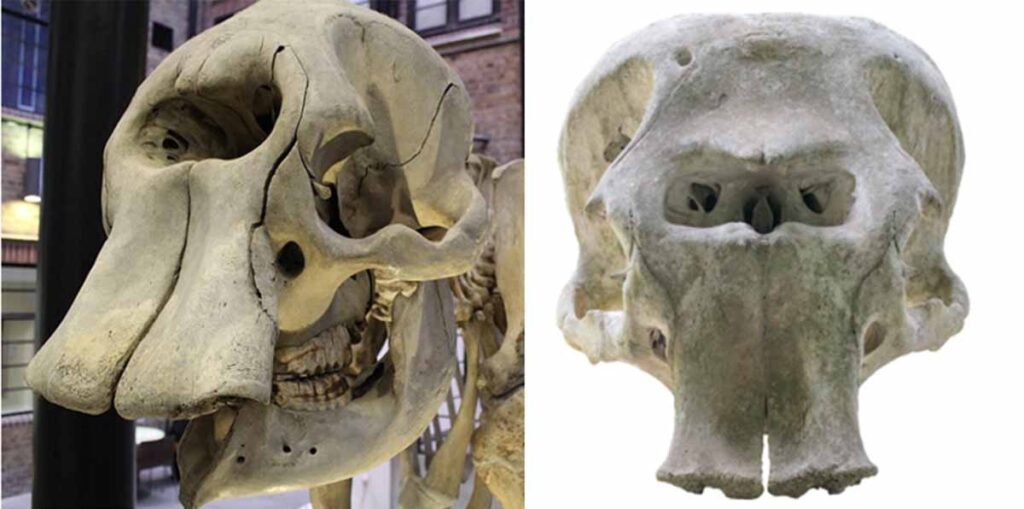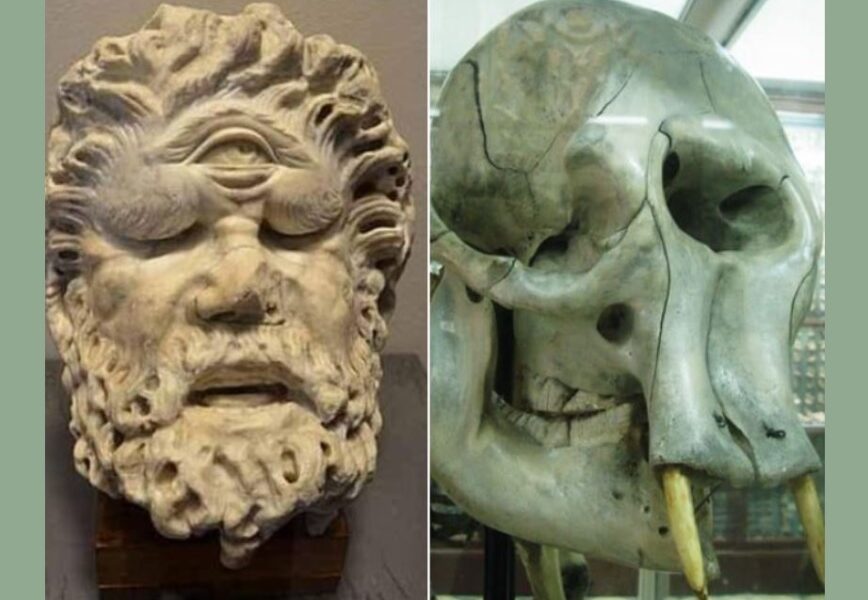What inspired the ancient Greeks to create fictional creatures such as the Cyclops?
Many people have heard the tales of the terrible Cyclops; giants with a single eye that had a nasty tendency to kill, and sometimes eat, unsuspecting adventurers. However, conjuring up such fearsome beasts may not have been purely a feat of imagination; their origins may have been based on fact.

This story begins with the Mediterranean Islands during the Pleistocene, when low sea levels allowed land bridges to be exposed and for fauna to cross between land masses. Both elephants and mammoths roamed the Mediterranean with several species living side by side.
However, at the end of the Ice Age, melting ice led to a sudden sea level rise, destroying any land bridges and isolating any individuals unfortunate to find themselves stuck on the island.
A lack of food led to an evolution bias in the elephant (Sardinia is the only island to have Mammoths) populations, with smaller individuals more successful as they required less food to survive. Over several generations this led to elephants/mammoths that could be as small as 1m at the shoulder.
So how do the cyclops come into this? Well, when the animals died they were stripped of all their soft tissue, but parts of their skeleton were preserved. The trunk of an elephant contains no bones and therefore is rarely found. This leaves the skull looking like a one-eyed-skull.

Which oddly enough looks just like a huge skull with a single eye socket, especially if the specimen in question had lost its tusks. Greeks coming to the island subsequently found these preserved skulls, often separated from any other bones or remains, and hypothesised to what they could be.
They came to the conclusion these skulls had belonged to giant men with a single eye in the centre of their forehead and the myth of the cyclops was born.
Via: Fantastic Fossils | Wonders of the Past
READ MORE: Alexander the Great’s letter to Persian King Darius.


